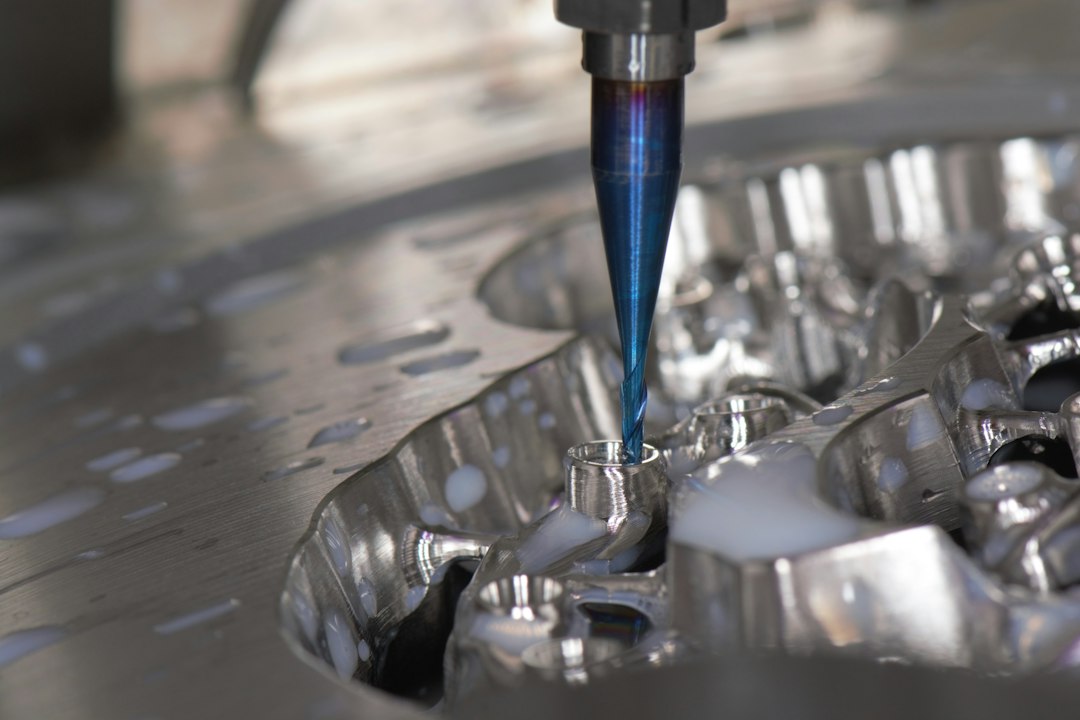The manufacturing industry has undergone significant transformations over the past few decades, and it continues to evolve with technology advancements and changing customer demands. To ensure long-term success, manufacturing companies must develop a strong and skilled workforce ready to tackle future challenges. In this blog post, we will discuss some strategies that can help in developing a robust manufacturing workforce for the future.
Invest in Training and Development: One of the key ways to develop a strong manufacturing workforce is by investing in training and development programs. Manufacturing companies should provide regular training sessions that focus on both technical skills and soft skills. Technical training can include machine operation, quality control, data analysis, and lean manufacturing principles. Soft skills training should focus on areas like teamwork, problem-solving, communication, and adaptability. By equipping employees with the necessary skills, companies can ensure they have a versatile and competent workforce.
Collaborate with Educational Institutions: To bridge the skills gap and obtain a future-ready workforce, manufacturers should collaborate with educational institutions such as community colleges, vocational schools, and universities. These partnerships can lead to the development of specialized training programs that align with the industry’s needs. Companies can also offer internships and apprenticeships to students, providing them with valuable real-world experience while developing a talent pipeline for their own organization.
Promote Innovation and Knowledge Sharing: Manufacturing companies should foster a culture of innovation and knowledge sharing among their workforce. Encourage employees to continuously seek new ways to improve processes, products, and services. Establish platforms for sharing best practices and lessons learned, such as regular team meetings, brainstorming sessions, and internal newsletters. By creating an environment that values and supports innovation, companies can ensure their workforce remains adaptable and competitive in the face of evolving industry trends.
Embrace Technology: The future of manufacturing is heavily reliant on technology. Companies should invest in cutting-edge manufacturing technologies and provide training to their employees on how to use them effectively. Robotics, automation, artificial intelligence, and data analytics are revolutionizing the industry, and employees must be prepared to work alongside these technologies. By embracing technology and empowering employees to work with it, manufacturers can improve productivity, reduce costs, and stay competitive in the market.
Promote Diversity and Inclusion: A strong manufacturing workforce should be diverse and inclusive. Companies should actively seek to attract individuals from different backgrounds, genders, and ethnicities. By creating a diverse workforce, manufacturers can benefit from a range of perspectives and ideas, leading to increased innovation and creativity. Additionally, fostering inclusivity ensures all employees feel valued and supported, resulting in higher job satisfaction and retention rates.
In conclusion, developing a strong manufacturing workforce for the future requires a combination of investment in training and development, collaboration with educational institutions, promotion of innovation and knowledge sharing, embracing technology, and promoting diversity and inclusion. By implementing these strategies, manufacturing companies can ensure they have a skilled, adaptable, and diverse workforce capable of navigating the challenges of the industry’s future.

